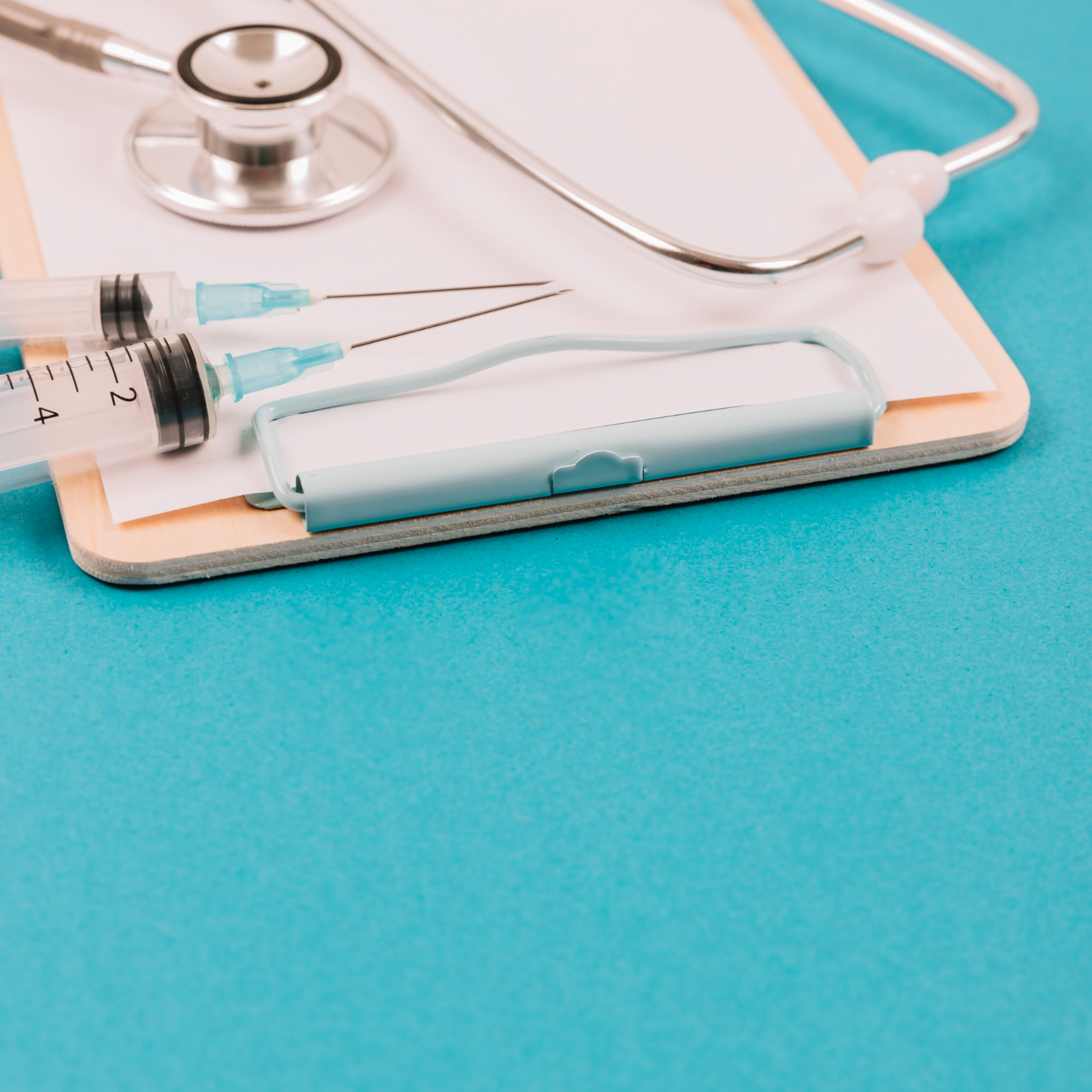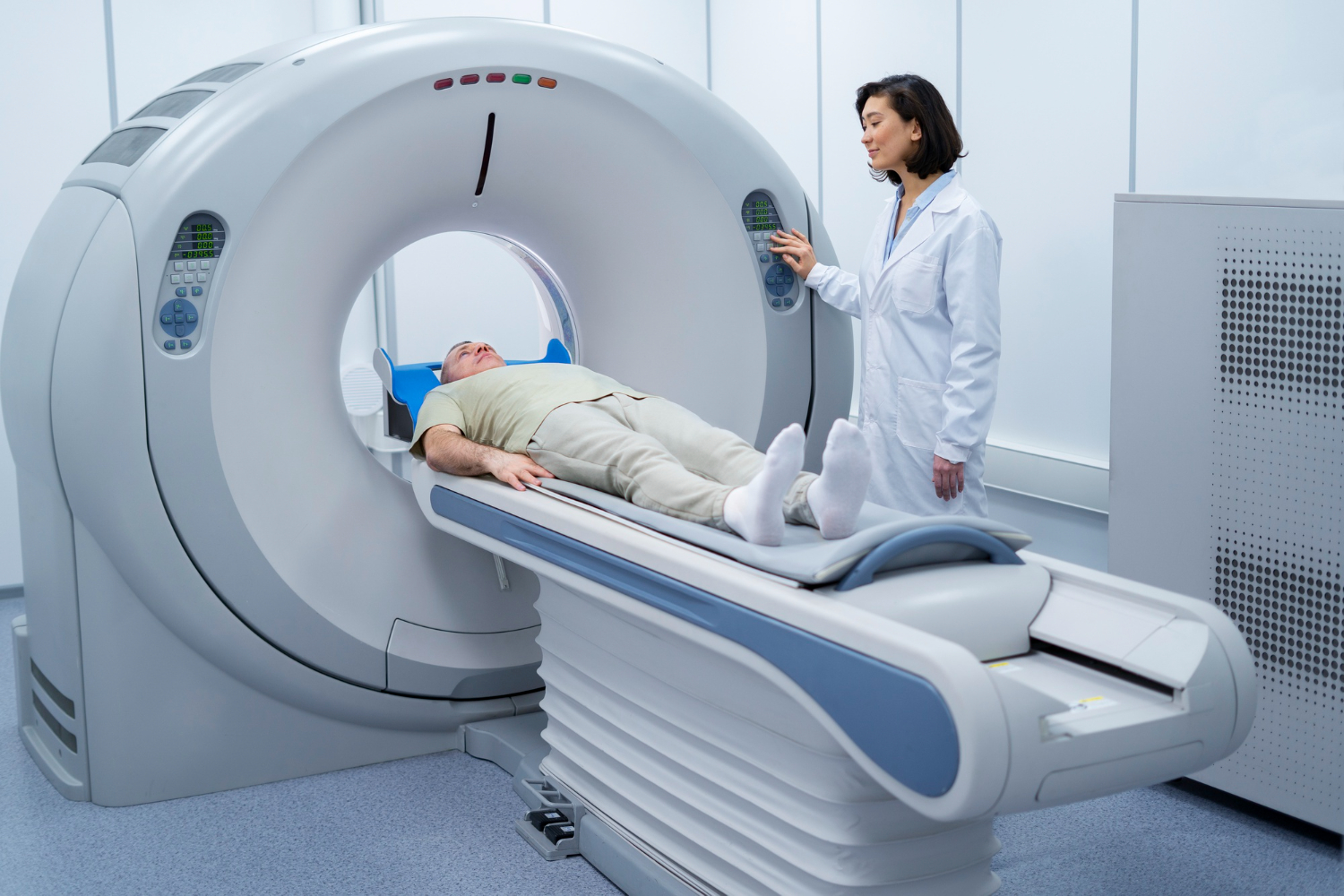Preventive healthcare is the foundation of a long and healthy life. Instead of waiting for illnesses to develop, preventive healthcare focuses on proactive measures to keep diseases at bay. It includes vaccinations, regular screenings, and lifestyle modifications that help reduce the risk of chronic diseases. At ProHealth Family Medical Centre, we emphasize the importance of early detection and preventive care to ensure our patients lead healthier, longer lives.
Understanding Preventive Healthcare
Preventive healthcare involves a series of medical services designed to detect, prevent, and manage diseases before they become severe. This approach not only enhances overall well-being but also reduces the burden on healthcare systems by minimizing hospital visits and medical emergencies.
Benefits of Preventive Healthcareiabetes
- Early Detection of Health Issues: Routine check-ups and screenings can identify diseases in their early stages, allowing timely intervention and better treatment outcomes.
- Reduced Medical Expenses: Preventive care can significantly lower healthcare costs by reducing the need for extensive medical treatments and hospitalizations.
- Improved Quality of Life: By adopting preventive healthcare measures, individuals can maintain better physical and mental well-being.
- Prevention of Chronic Diseases: Lifestyle modifications and regular health monitoring can help prevent chronic conditions like diabetes, heart disease, and obesity.

Key Preventive Healthcare Services at ProHealth Family Medical Centre
At ProHealth Family Medical Centre, we offer a comprehensive range of preventive healthcare services designed to keep our patients healthy.
Health Screenings
- Routine blood tests for cholesterol and glucose levels.
- Blood pressure monitoring to detect hypertension.
- Diabetes screening for early diagnosis and management.
- Bone density tests for osteoporosis prevention.
Vaccinations & Immunizations
- Flu shots to prevent seasonal influenza.
- COVID-19 vaccinations and booster doses.
- Childhood immunizations to protect against life-threatening diseases.
- Travel vaccines for individuals visiting high-risk areas.

Cancer Screenings
- Mammograms for early breast cancer detection.
- Pap smears and HPV tests for cervical cancer screening.
- Prostate exams for men over 50 to detect prostate cancer.
- Colonoscopy for early detection of colorectal cancer.
Heart Health Monitoring
- ECGs (Electrocardiograms) to assess heart rhythm.
- Cholesterol level assessments to monitor cardiovascular health.
- Lifestyle counseling for managing high blood pressure and cholesterol.
Nutritional & Lifestyle Counseling
- Personalized diet plans to promote healthy eating habits.
- Exercise recommendations tailored to individual fitness levels.
- Smoking cessation support programs.
- Stress management techniques to enhance mental well-being.

Who Should Prioritize Preventive Healthcare?
Preventive healthcare is essential for everyone, but certain individuals should pay extra attention:
- Individuals with a family history of chronic diseases: If close relatives have conditions such as heart disease, diabetes, or cancer, preventive screenings become even more crucial.
- People over 40 years old: Routine check-ups become increasingly important as the risk of chronic conditions rises with age.
- Children and Adolescents: Immunizations and growth monitoring are vital for ensuring a healthy development.
- Individuals with high-risk lifestyles: Those who smoke, consume alcohol frequently, or have poor dietary habits should seek preventive healthcare to mitigate potential risks.
How Lifestyle Affects Preventive Healthcare
PLeading a healthy lifestyle significantly contributes to disease prevention. Here are some ways lifestyle choices impact overall health:
- Balanced Diet: Consuming a nutrient-rich diet with plenty of fruits, vegetables, and whole grains strengthens the immune system and reduces the risk of diseases.
- Physical Activity: Engaging in at least 30 minutes of exercise daily helps maintain heart health, manage weight, and improve mental health.
- Mental Well-being: Managing stress through meditation, mindfulness, and hobbies can prevent anxiety-related disorders and boost overall wellness.
- Avoiding Harmful Habits: Reducing alcohol consumption and quitting smoking lowers the risk of lung disease, liver disease, and various cancers.

The Role of Regular Check-Ups in Preventive Healthcare
Regular doctor visits play a critical role in preventive healthcare. These check-ups involve:
- Blood tests to monitor sugar, cholesterol, and vitamin levels.
- Physical examinations to assess overall health status.
- Screening for risk factors related to heart disease, diabetes, and obesity.
- Personalized health advice and treatment plans tailored to the patient’s needs.
The Future of Preventive Healthcare
Advancements in medical technology are making preventive healthcare more effective than ever before. Digital health records, wearable health devices, and telehealth consultations allow for real-time monitoring and personalized care.
- Telehealth Services: Remote consultations help patients receive medical advice without needing to visit a clinic.
- Wearable Health Devices: Smartwatches and fitness trackers monitor heart rate, activity levels, and sleep patterns.
- AI-Driven Diagnostics: Artificial intelligence is revolutionizing early disease detection through advanced data analysis.
Conclusion
Preventive healthcare is a key investment in a healthier future. By prioritizing routine check-ups, adopting healthy lifestyle habits, and staying up to date with vaccinations, individuals can significantly reduce the risk of developing chronic diseases. At ProHealth Family Medical Centre, we are committed to providing top-notch preventive care to help our patients lead healthier lives.
Take charge of your health today! Schedule a preventive healthcare appointment with us and make your well-being a top priority.




